According to Buting (2020), students’ knowledge and skills improve during peer learning. More importantly, shifts in their mindsets and worldviews are also important results of peer learning (Bunting 2020).
At Metropolia, the master students of social services studies facilitated peer and cooperative learning for other students. The session was called ‘Wellbeing Day’. Students arranged it at the end of April at Hymy Wellbeing Village, on Myllypuro campus. The ’Wellbeing Day’ was part of the master students of social services studies, but at the same time, it was a ‘welcoming session’ for exchange students. The exchange students had started their exchange period at Metropolia just a couple weeks before the ‘Wellbeing Day’. The master students implemented the session as part of Professional communication and societal influencing studies.
Transversal skills as a core theme in the ‘Wellbeing Day’
The aim of the day was to get the students to know each other, share information and discuss wellbeing at work and during studies, and learn. Moreover, the aim was to share information and discuss transversal skills. The main question of the session was; “how can transversal skills and wellbeing support each other in working life?”
For example, a cooperative learning process includes (Gillies 2016, 41-42) five parts. They are: i) actively listening to each other, ii) sharing ideas and resources, iii) commenting constructively on each other’s ideas, iv) accepting responsibility for one’s behavior, and v) making decisions democratically. On the Wellbeing Day, the master students of social services studies applied these elements by guiding cooperative peer learning sessions between participants. In addition to this, master students studied and practiced their professional communication and influencing skills, as well as facilitation skills, through co-operational learning methods.
The master students of social services Niina Eloranta, Tuuli Häärä, Tara Pihlajaniemi, Mira Pridham and Mari Raatikainen arranged the Wellbeing Day for exchange students in the multidisciplinary learning and development environment, HyMy Wellbeing Village. The supervising lecturers of the Wellbeing Day were Katriina Rantala-Nenonen and Marianne Roivas.
Outcomes of the day
As a result of the day, it was easy to recognize that while students facilitate each other, they are all learning, not just transversal skills in theory, but also learning from experience (Passarelli & Kolb 2012). According to master students’ reflection and feedback;
“It was an inspiring wellbeing day with exchange students from different countries. We started the day with a short warm-up. After that, we learned together what transversal skills are and how they can be utilized in our studies, but also in future working life and wellbeing in the work community. (The master students of social services studies).
The future working life needs professionals with the ability to facilitate discussion and co-creative methods with unfamiliar and multiprofessional groups. Also, understanding transversal skill as a shared ability is needed to work with unfamiliar people and invariably changing interprofessional teams. Gilliens (2016) has argued that social skills that facilitate students’ interactions during small group discussions are necessary. Along with that, and in any case, students often talk about what they have learned inside and outside the classrooms (Boud 2001). Therefore, it can be very beneficial to utilize even more and open-mindedly peer learning, while teaching and learning transversal skills.
“At the end of the session, we had three ‘workstations’ where students toured in their own small groups. The themes of the stations were in line with transversal skills: Critical and creative thinking, Interpersonal and socio-emotional skills and Learning to learn”. (The master students of social services studies).
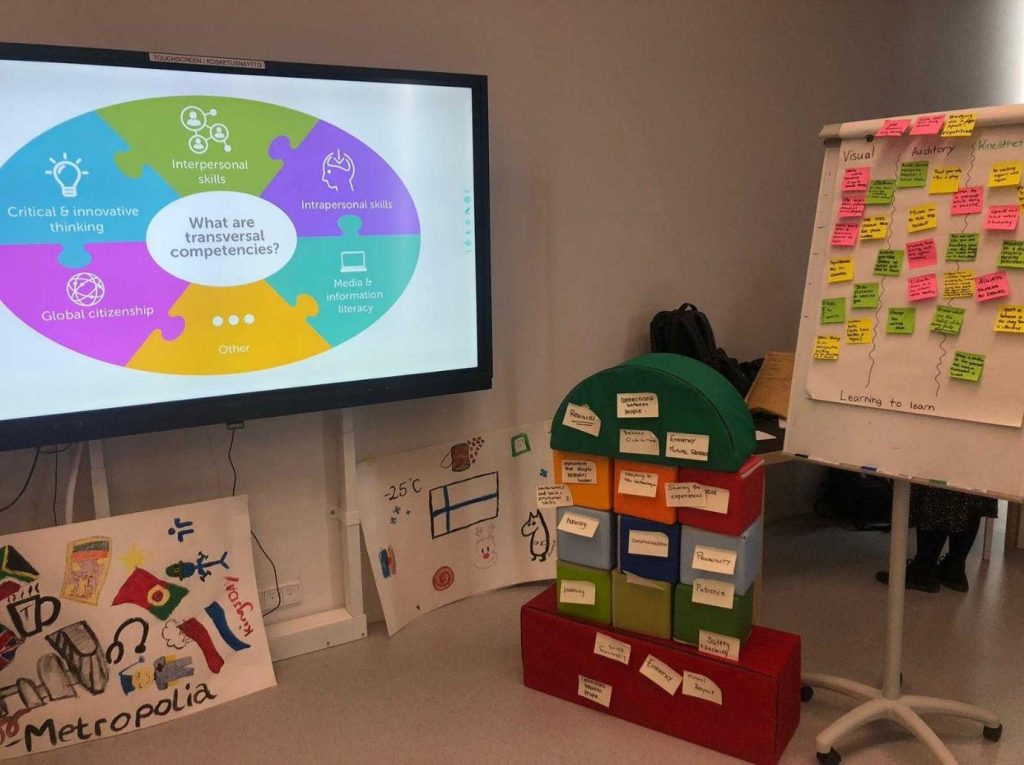
Outputs of the Wellbeing Day for exchange students at HyMy Wellbeing Village, Metropolia. Arranged by master students of social services. (Niina Eloranta, Tuuli Häärä, Tara Pihlajaniemi, Mira Pridham, Mari Raatikainen 2022)
Transversal skills can contribute to more sustainable working conditions, where people can collaborate and are open to new cultures. Ultimately, after this experience, we can say (based on students’ feedback) that peer and cooperative learning can support the development of transversal skills in an interprofessional and multicultural context. Further, by using peer-facilitated learning sessions, we can improve many of the students’ skills – not just professional, but also transversal skills (critical and creative thinking, learning to learn, interpersonal and social-emotional skills). For example, cultural competence is part of transversal skills (interpersonal and social-emotional skills, cultural sensitivity), and it has been defined (in ITSHEC project) as an individual’s ability to recognize, assess, appreciate, and respect the unique backgrounds of others. Therefore, while talking about peer learning and transversal skills, it is important to recognize cultural aspects, not just of patients/clients, but also of health and social care professionals. By having strong cultural competence, professionals can prevent and minimize inequalities (Volberding et al. 2022) and design services to be more qualified, open and accessible for all.
All in all, based on this experience and previous research (Larraz et al. 2017), it can be said that peer learning and cooperative learning can be one way to support students’ transversal skills development.
Authors
Eija Raatikainen, Katriina Rantala-Nenonen, Niina Eloranta, Tuuli Häärä, Tara Pihlajaniemi, Mira Pridham, Mari Raatikainen
Eija Raatikainen and Katriina Rantala-Nenonen are lecturers at Metropolia University of Applied Sciences. Niina Eloranta, Tuuli Häärä, Tara Pihlajaniemi, Mira Pridham and Mari Raatikainen are students in Master Program of Social Services
References
Boud, D. 2001. Introduction: making the move to peer learning, 1-21. In Boud, D., Cohen, R. & Sampson, J. (eds.) Peer Learning in Higher Education: Learning from & with Each Other. Kogan Page Limited, London.
Bunting, B. 2020. The implications of learning mindsets for the first-year experience and other key transitions. In A. Baldwin, B. Bunting, D. Daugherty, L. Lewis, & T. Steenbergh (Eds.), Promoting belonging, growth mindset, and resilience to foster student success (pp. 31–49). Columbia, South Carolina: National Resource Center for the First-Year Experience and Students in Transition.
Gillies, R. M. (2016). Cooperative Learning: Review of Research and Practice. Australian Journal of Teacher Education. Manuscript 2902.
Larraz, N. & Vázquez, S. & Liesa, M. (2017). Transversal skills development through cooperative learning. Training teachers for the future. On the Horizon, Vol. 25 No. 2, pp. 85-95. https://doi.org/10.1108/OTH-02-2016-0004
Passarelli, A. & Kolb, D. (2012). The Learning Way: Learning from Experience as the Path to Lifelong Learning and Development. The Oxford Handbook of Lifelong Learning. 10.1093/oxfordhb/9780195390483.013.0028.
Volberding, J. & Madrak, E. & Harrison, A. & Bray, N. & Farrar, N. & Murray, K. & O’Brien, M. & Wymore, R. & Davidson, B. & Drinnon, S. (2022). Improving Interprofessional Practice and Cultural Competence with Interprofessional Education. 115. Poster session presented at Oklahoma State University Center for Health Sciences Research Week 2022, Tulsa, Oklahoma, United States.

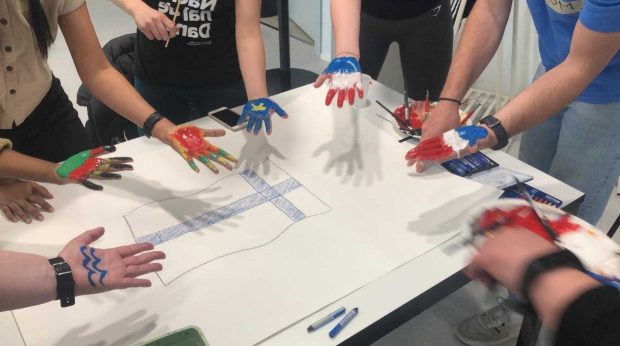
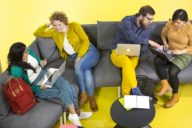

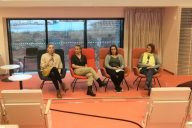
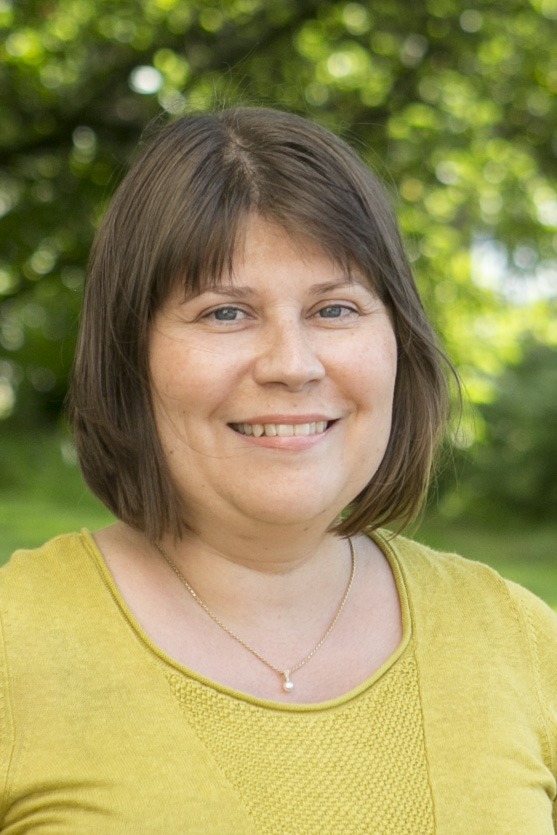 Katriina Rantala-Nenonen
Katriina Rantala-Nenonen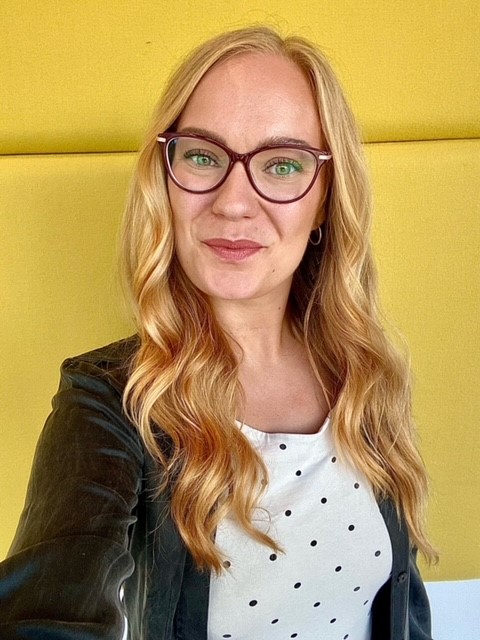 Hilla Niemi
Hilla Niemi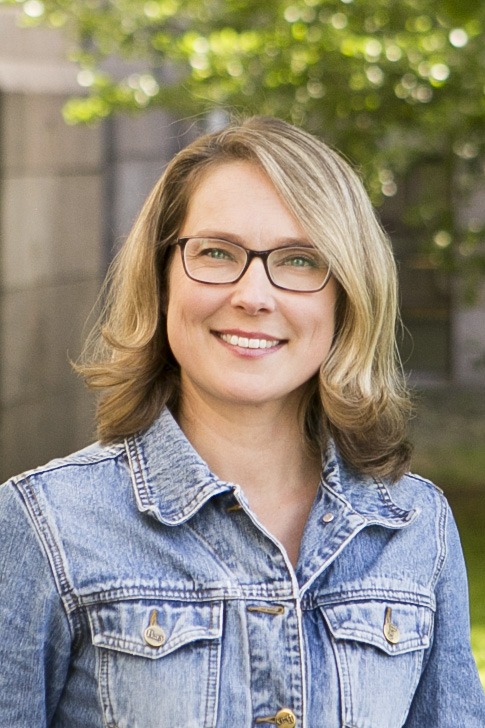 Eveliina Korpela
Eveliina Korpela
Ei kommentteja